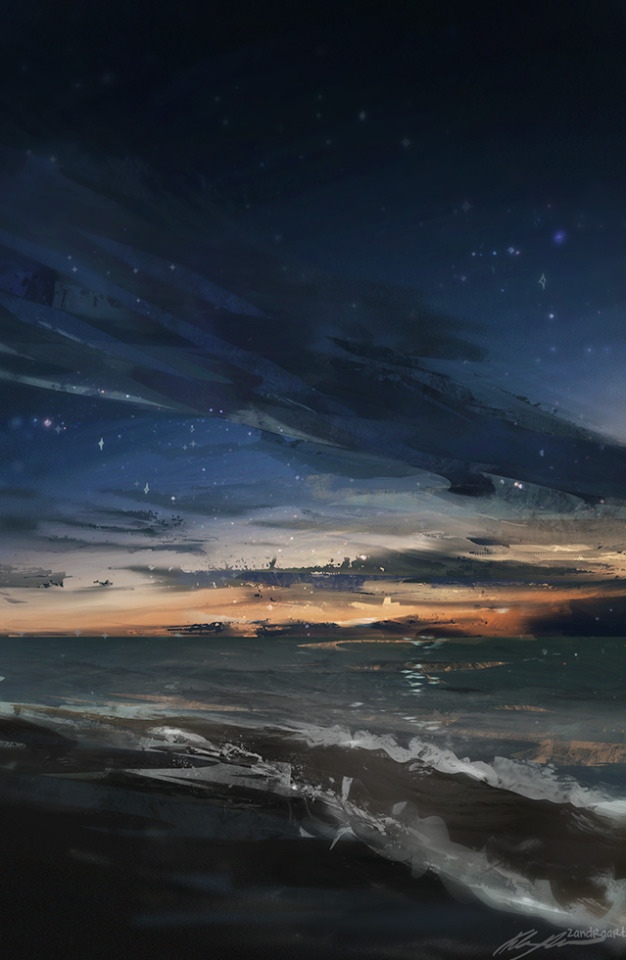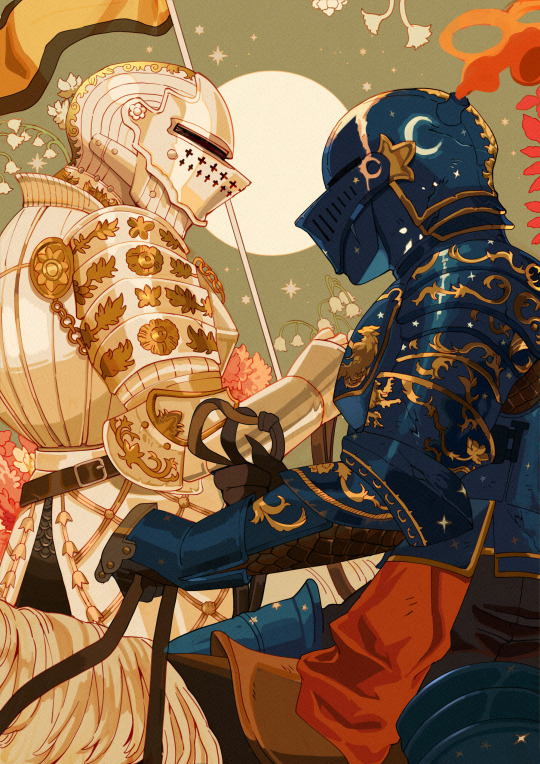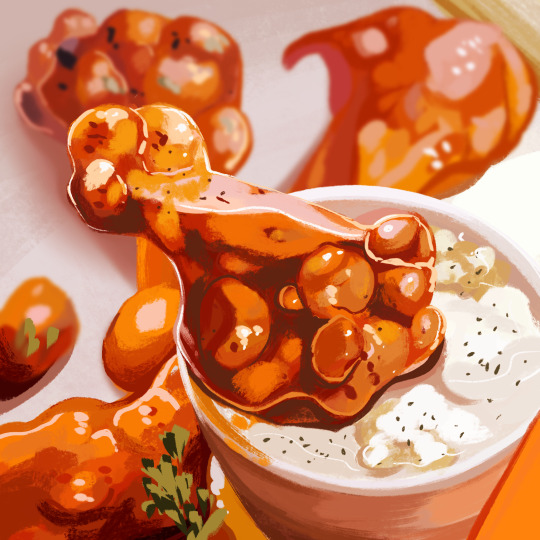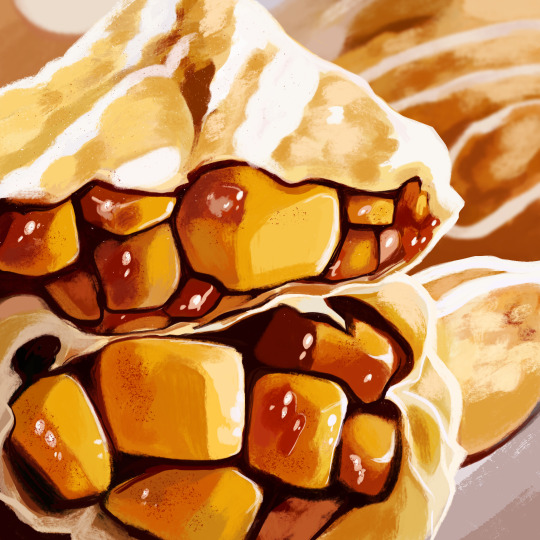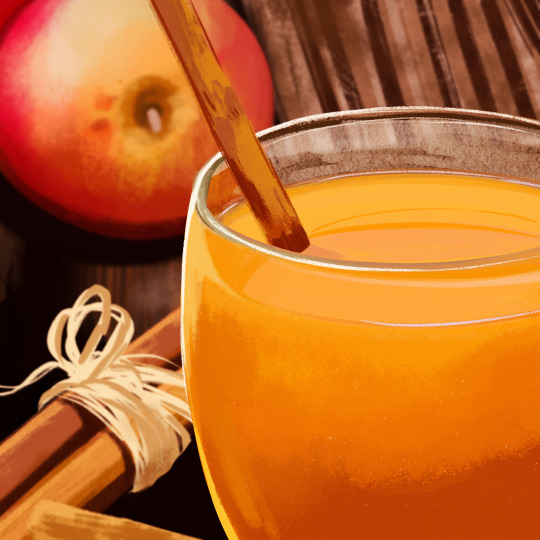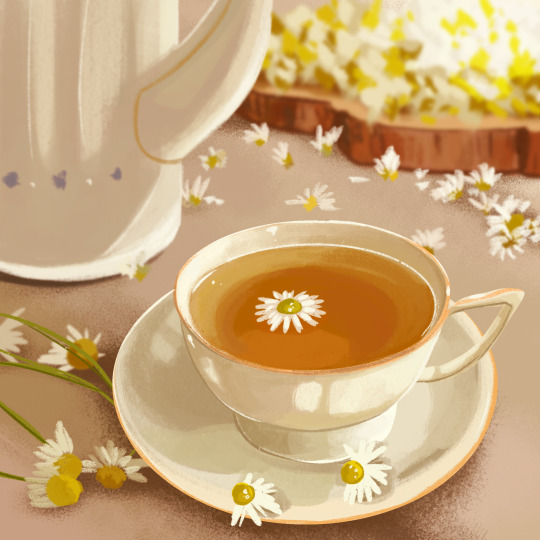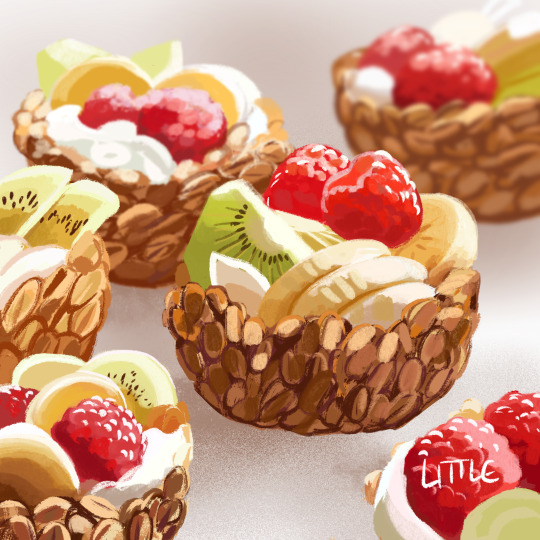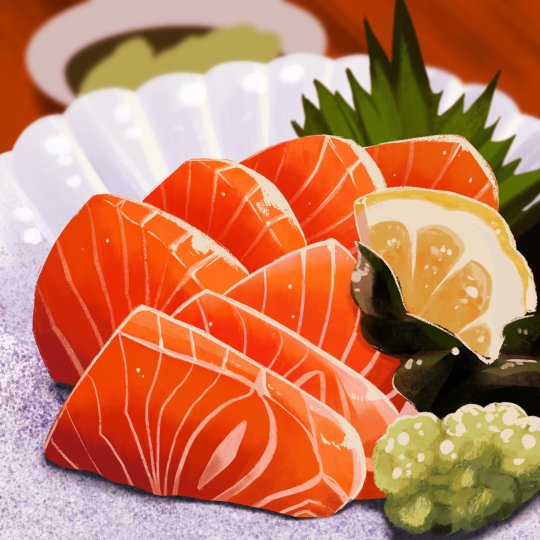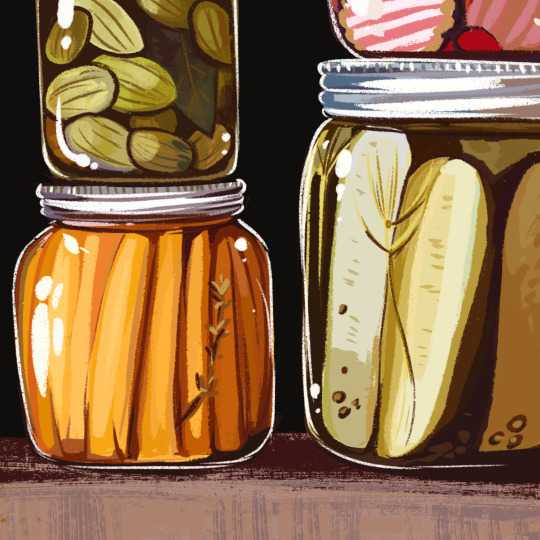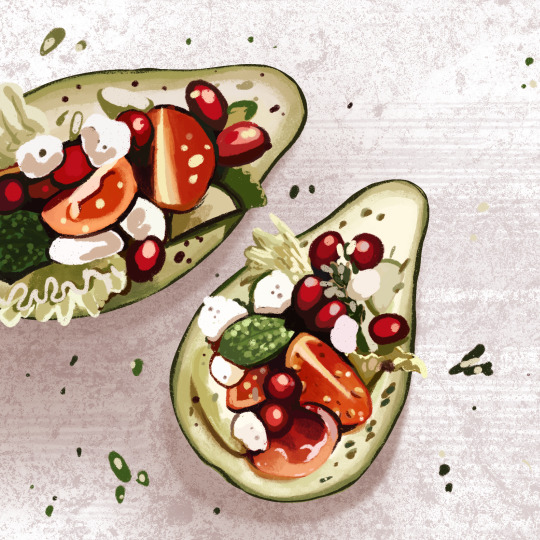—for there is music wherever there is harmony, order and proportion—
Don't wanna be here? Send us removal request.
Text
You know how fantasy worlds are almost always based on (mostly Central and Northern) European Medieval aesthetic and folklore?
For a while I’ve been thinking that if we had a fantasy world made here, it would be interesting to have it be inspired by Modernisme (the Catalan artistic movement from the late 19th century - early 20th century). I mean, look at this and tell me it doesn’t have potential:
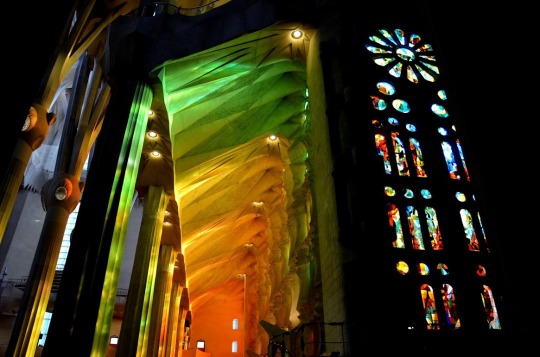
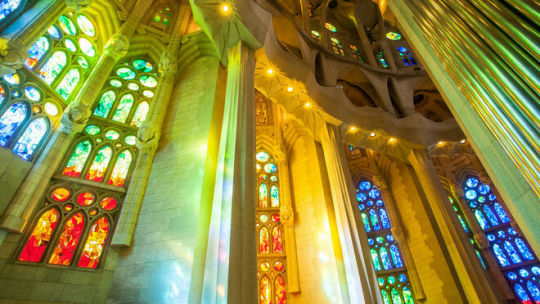
Interior of the Sagrada Família basilica, Barcelona. The stained glass in different sides of the temple are different colours, so the light changes colour depending on the hour of the day. (Photo sources x x)
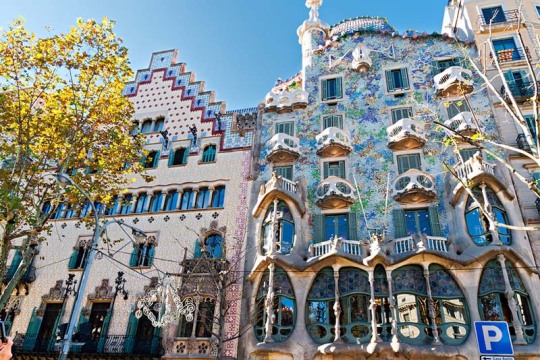
Illa de la Discòrdia, Barcelona. x
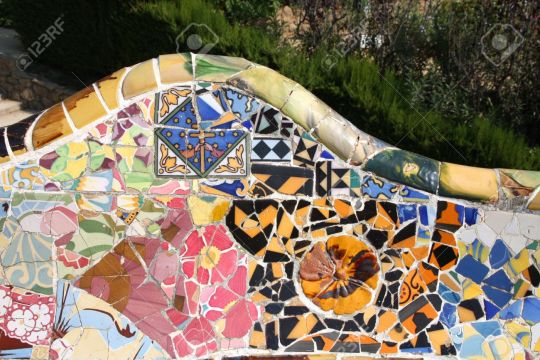
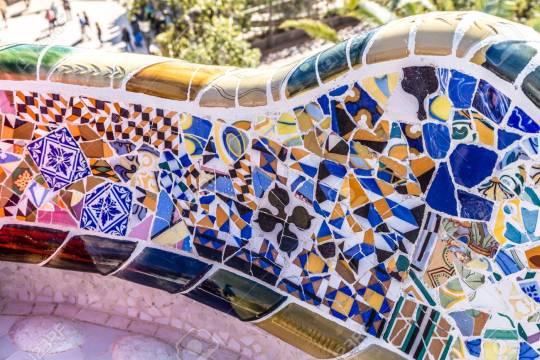
Benches in Parc Güell (Barcelona), made with the “trencadís”, the typical mosaic used in many of Antoni Gaudí’s works (he’s one of the most famous Modernist architects, and one of the most famous Catalan architects of all times too). x
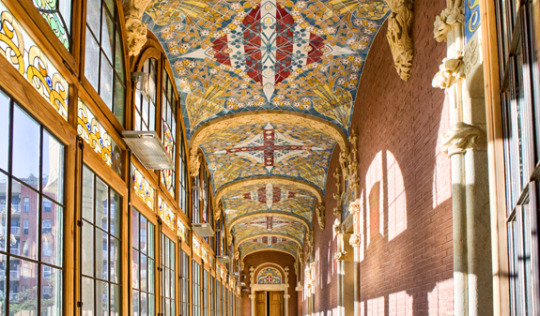
A hall in Hospital de Sant Pau, Barcelona. x
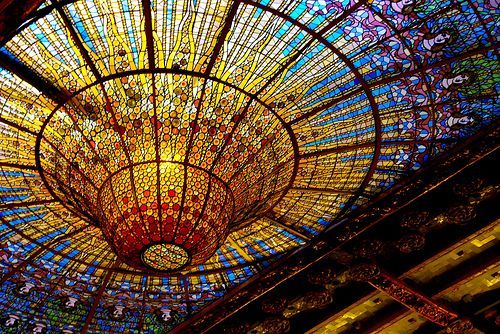
Ceiling of Palau de la Música Catalana, a concert hall in Barcelona.
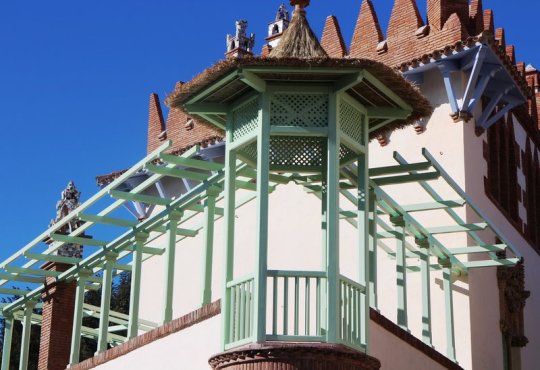
Lots of these things. This one is in Argentona (Catalonia, too). x
And fashion would be like this:
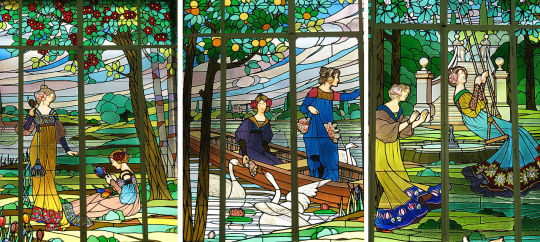
Stained glass in Cerdanyola, Catalonia. x
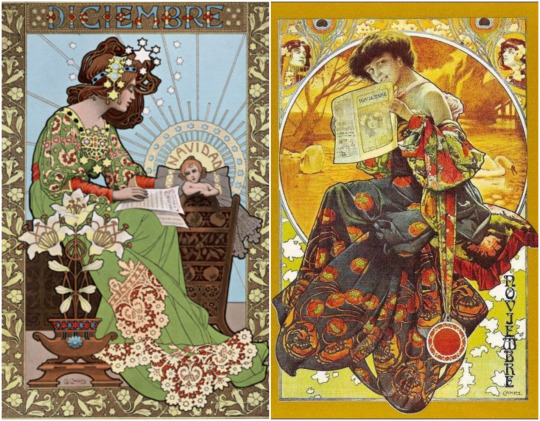
Illustrations by Gaspar Camps.
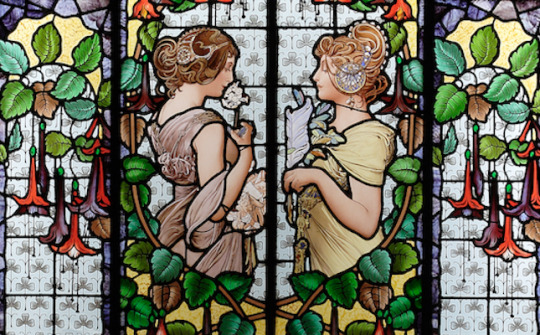
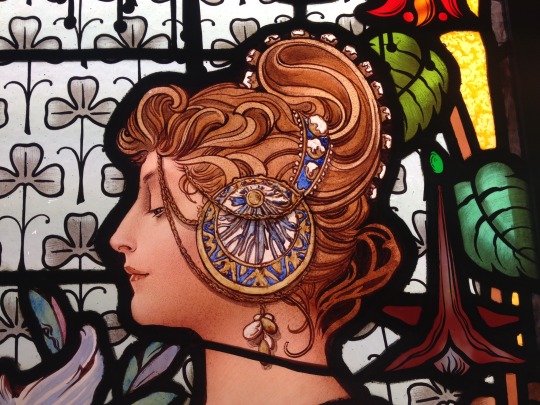
More stained glass, now in Museu del Modernisme, Barcelona. x

Modernist jewels by Lluís Masriera (I’ve talked about Modernist jewels in this previous post). x
Even the furniture:
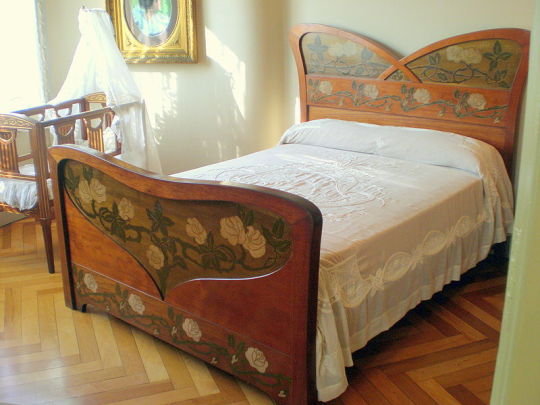
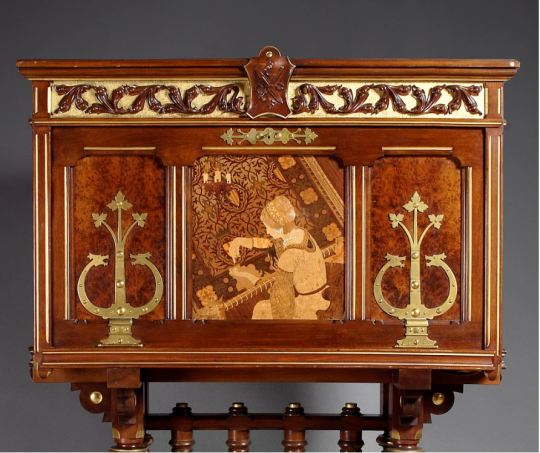
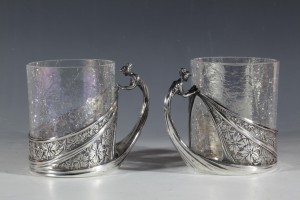
x
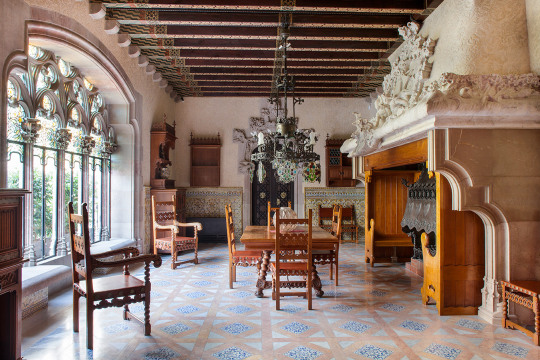
Interior of Casa Amatller in Barcelona. x.
Even in wood looked pretty.
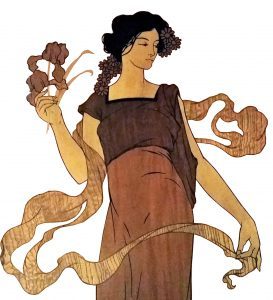
x
And lots of cool windows inspired by nature!
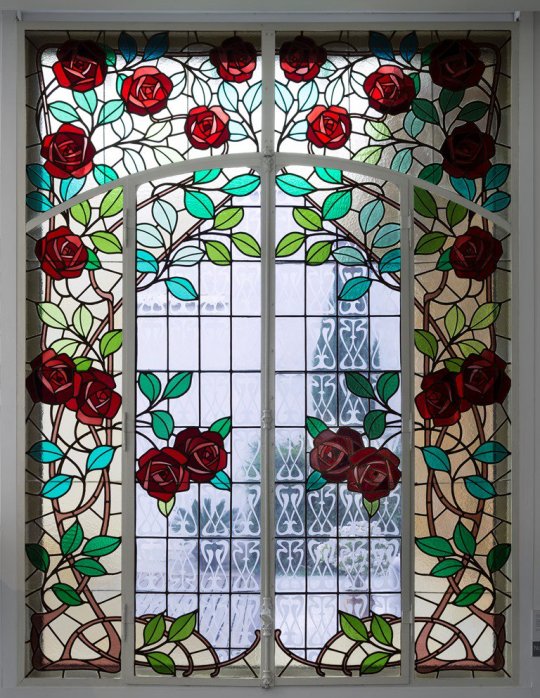
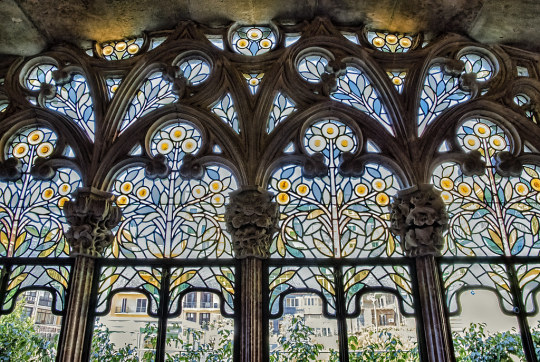
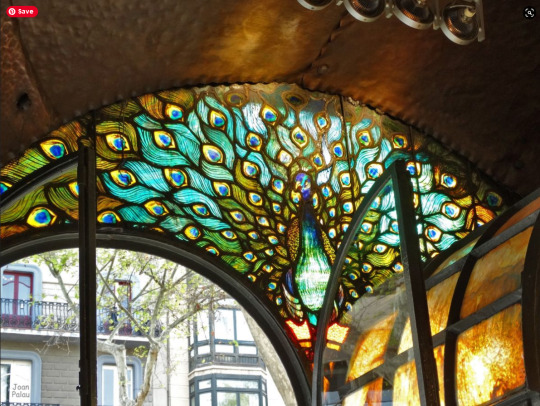

And from outside
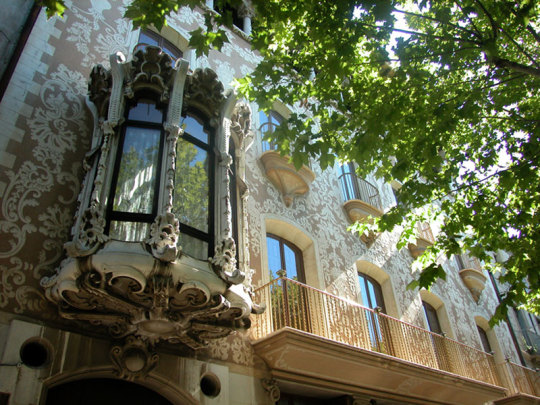
Olot, Catalonia. x.
And of course all kinds of windows. Light is important!
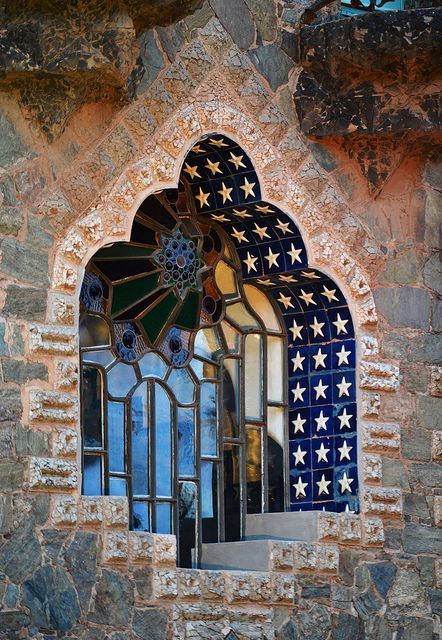
Torre Bellesguard. x.
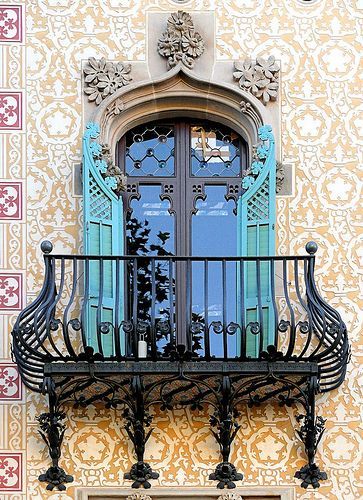
Barcelona. x.
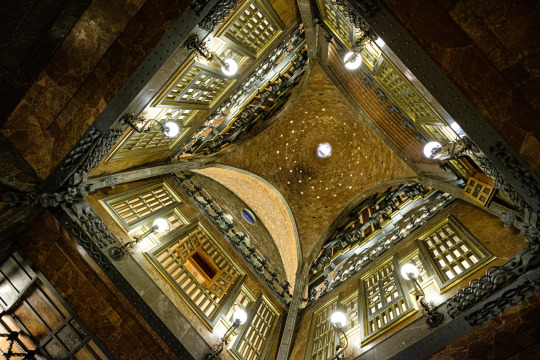
This ceiling in Palau Güell with holes to let light in. x.
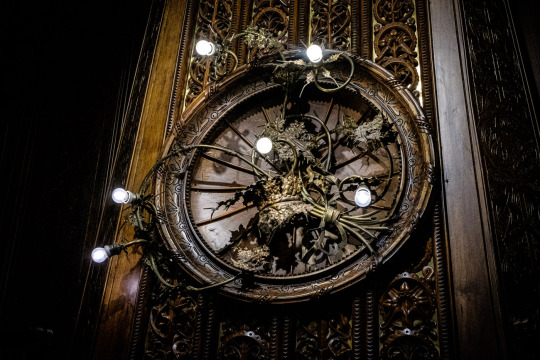
And this lamp?? Also in Palau Güell. x.
Everything would have to be very curvy.
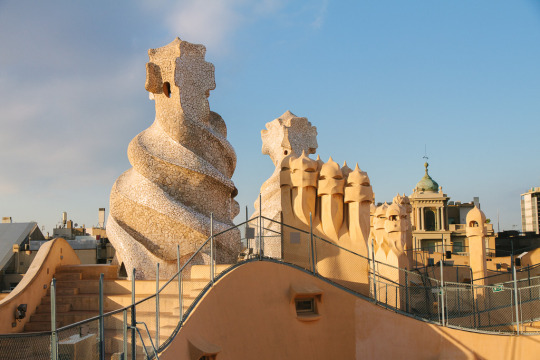
Casa Milà, Barcelona. x.
And shops
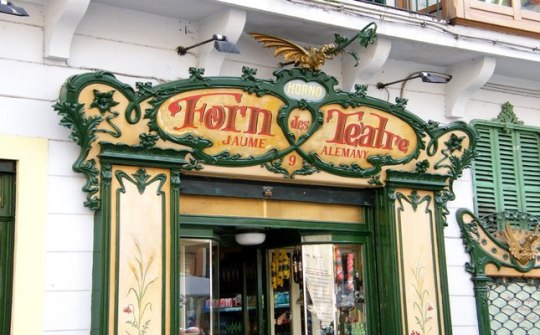
This bakery in Palma, Mallorca. x.
And I won’t begin with the tiles to not make the post longer…
What do you think?
And for people from other countries, what element in your culture do you think a fantasy world could be based on, aesthetically?
#design#yessssss#don't mind me saving all of these as reference photos#arcane had the barest shades of this and it already made me feral but it was way more art deco than modernisme/belle epoque so
34K notes
·
View notes
Photo
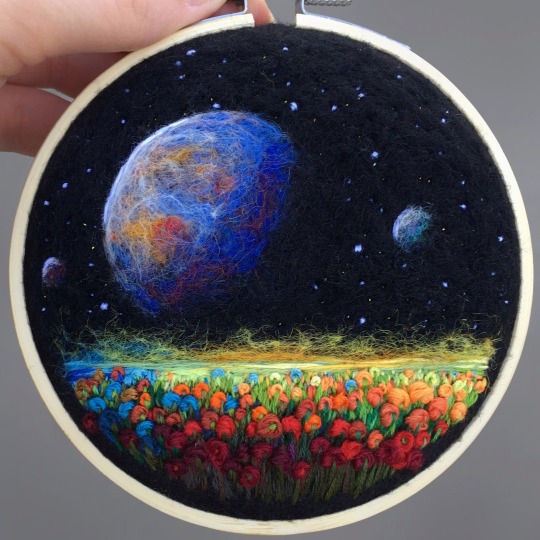
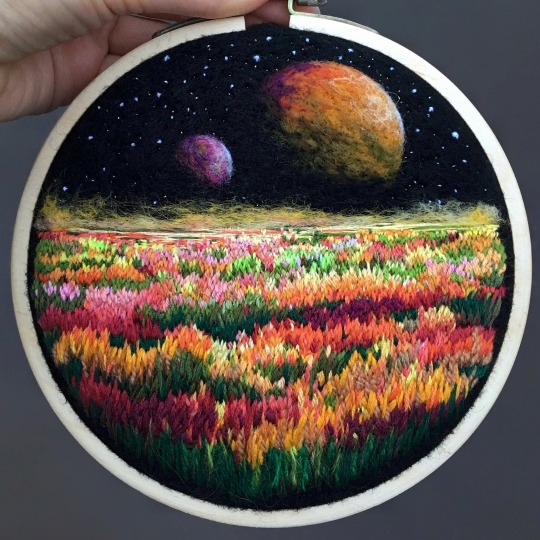

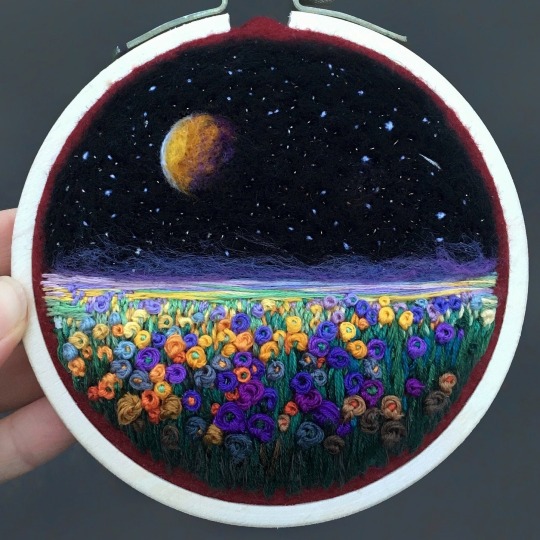
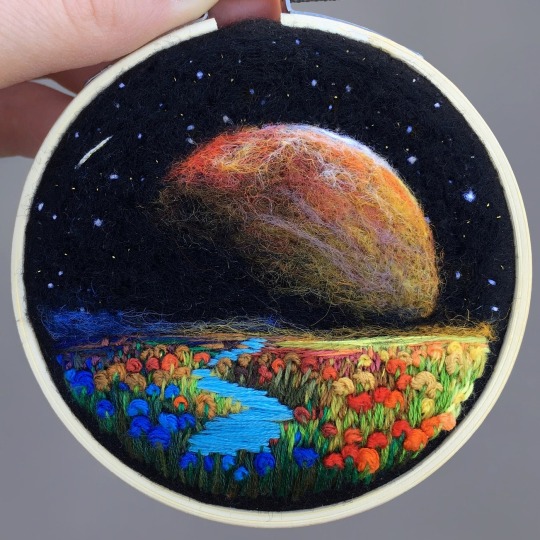
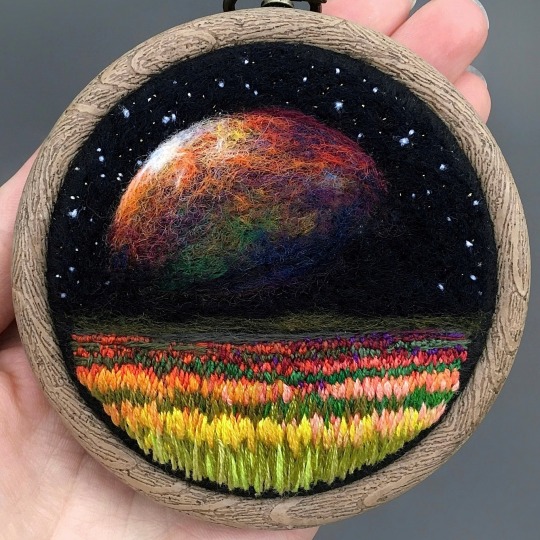
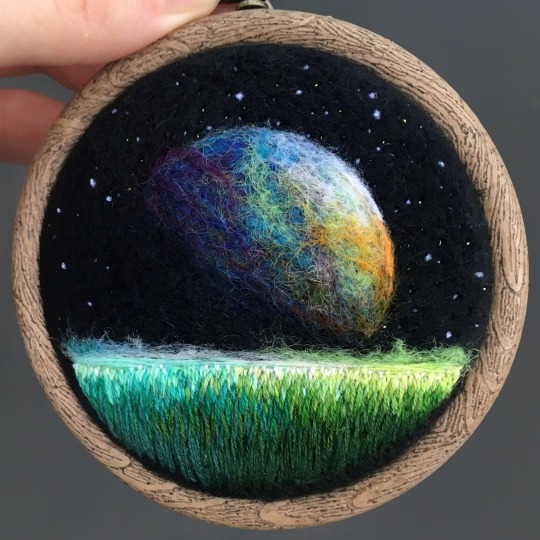
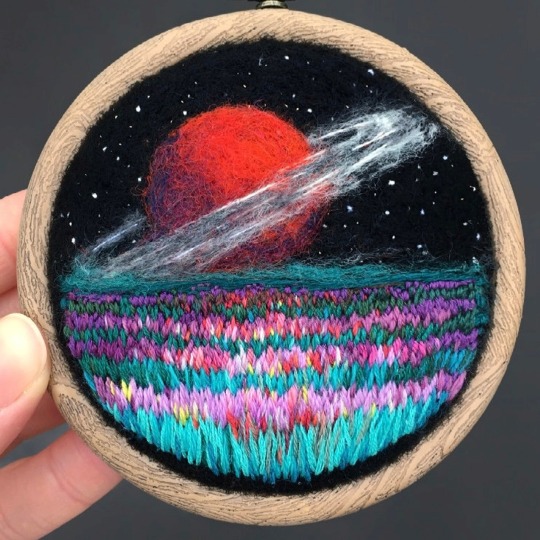
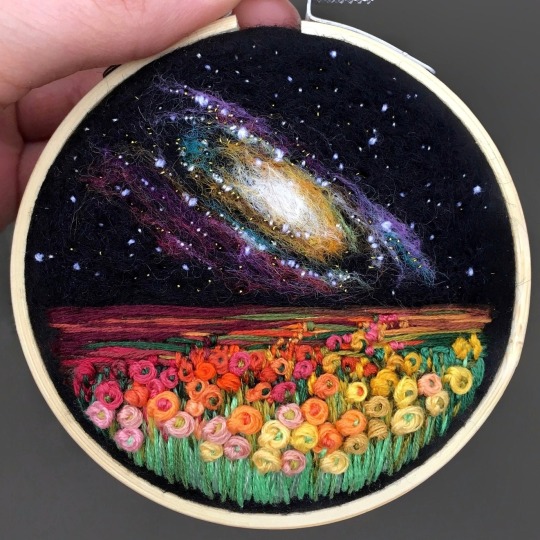
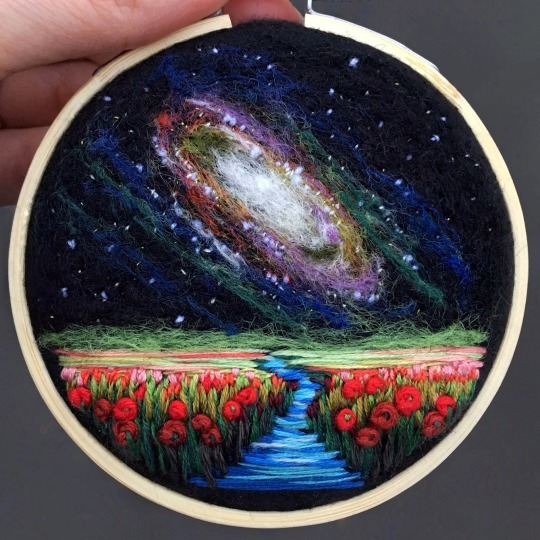
Needle Felted and Embroidered Art Hoops
Yuliya Krishchik on Etsy
31K notes
·
View notes
Photo



Cadaqués, Comarques Gironines, Catalonia.
Photos from naturalocal.net
55 notes
·
View notes
Text
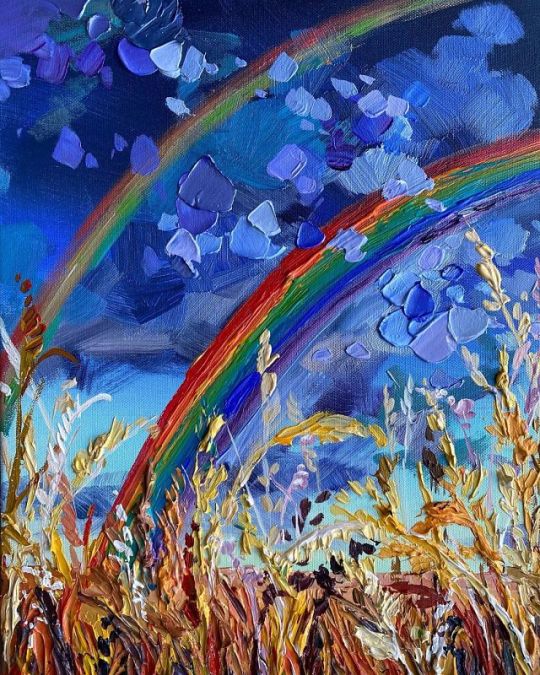
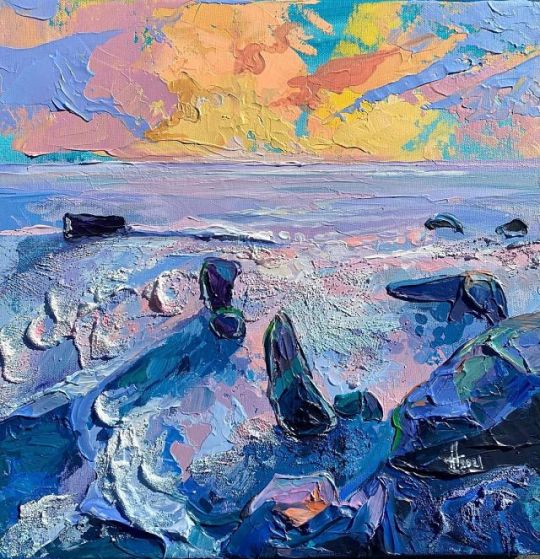
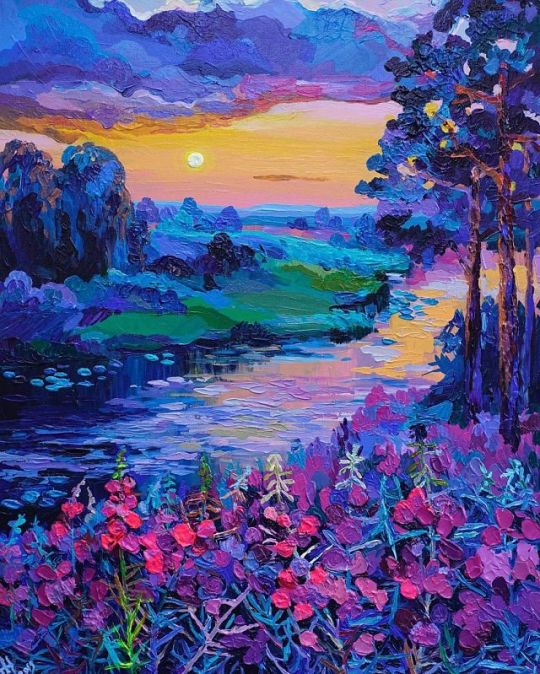


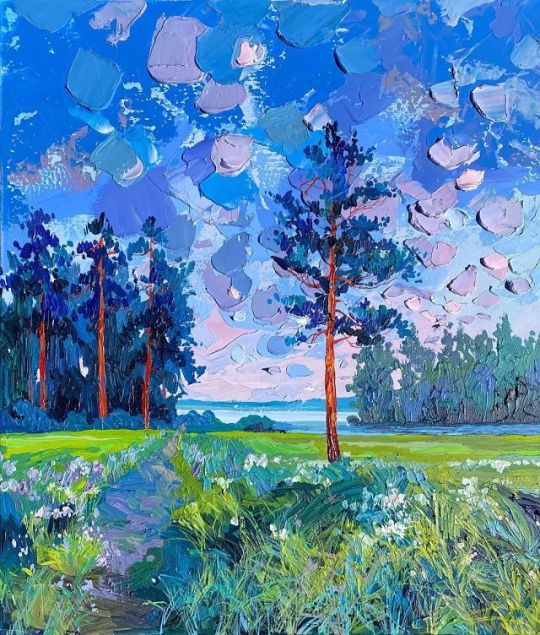

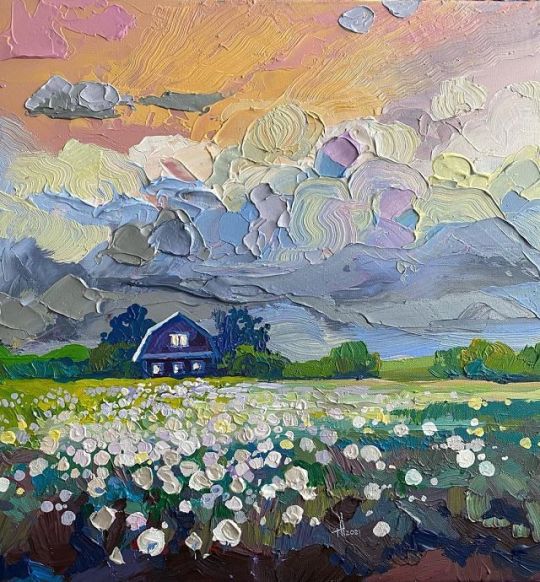
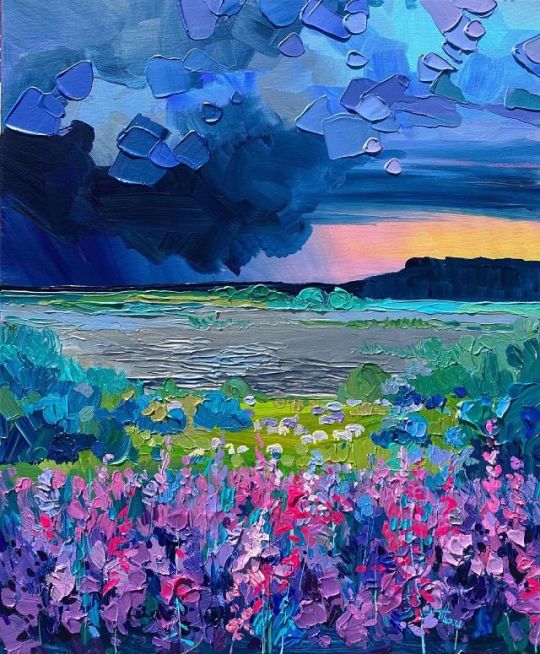
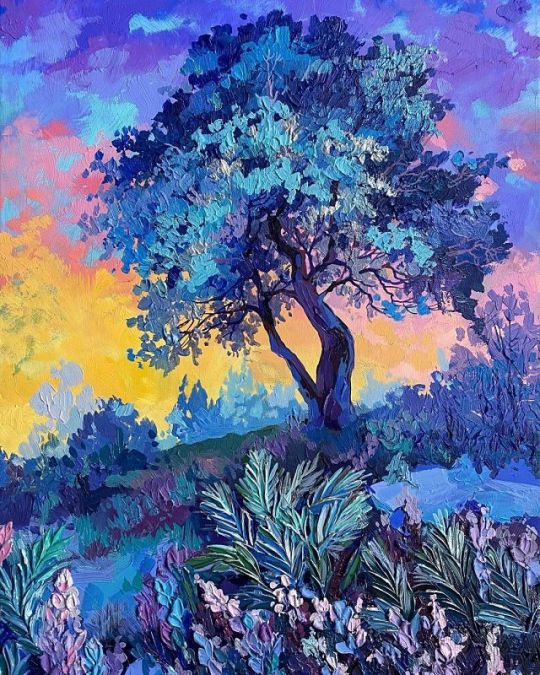
So beautiful was our love, that when people saw us walking past, we were love and art in person. By Anastasia Trusova on Instagram.
72K notes
·
View notes
Quote
We are all in the gutter, but some of us are looking at the stars.
Oscar Wilde (via thearticsoul)
2K notes
·
View notes
Photo



Palau Baró de Quadras building in Barcelona, Catalonia.
Photos: Institut Ramon Llull on instagram (irllull)
670 notes
·
View notes
Photo


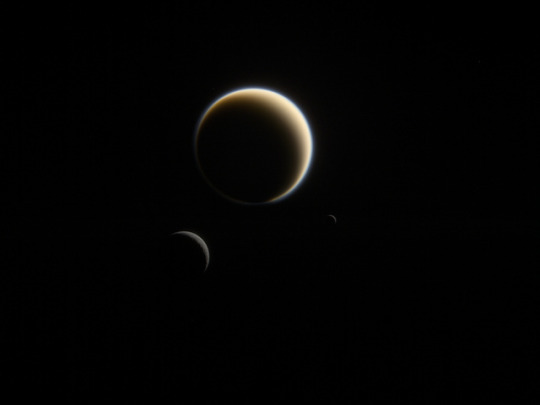

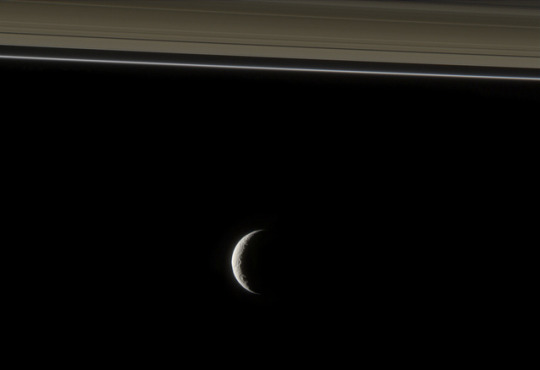
Saturn Rings and Moons: From left, the moons are Janus, Pandora, Enceladus, Mimas and Rhea. Following the images below, Enceladus and Tethys, Titan, Rhea and Mimas. Enceladus and Tethys.
by Gordan Ugarkovic & Kevin Gill
8K notes
·
View notes
Text


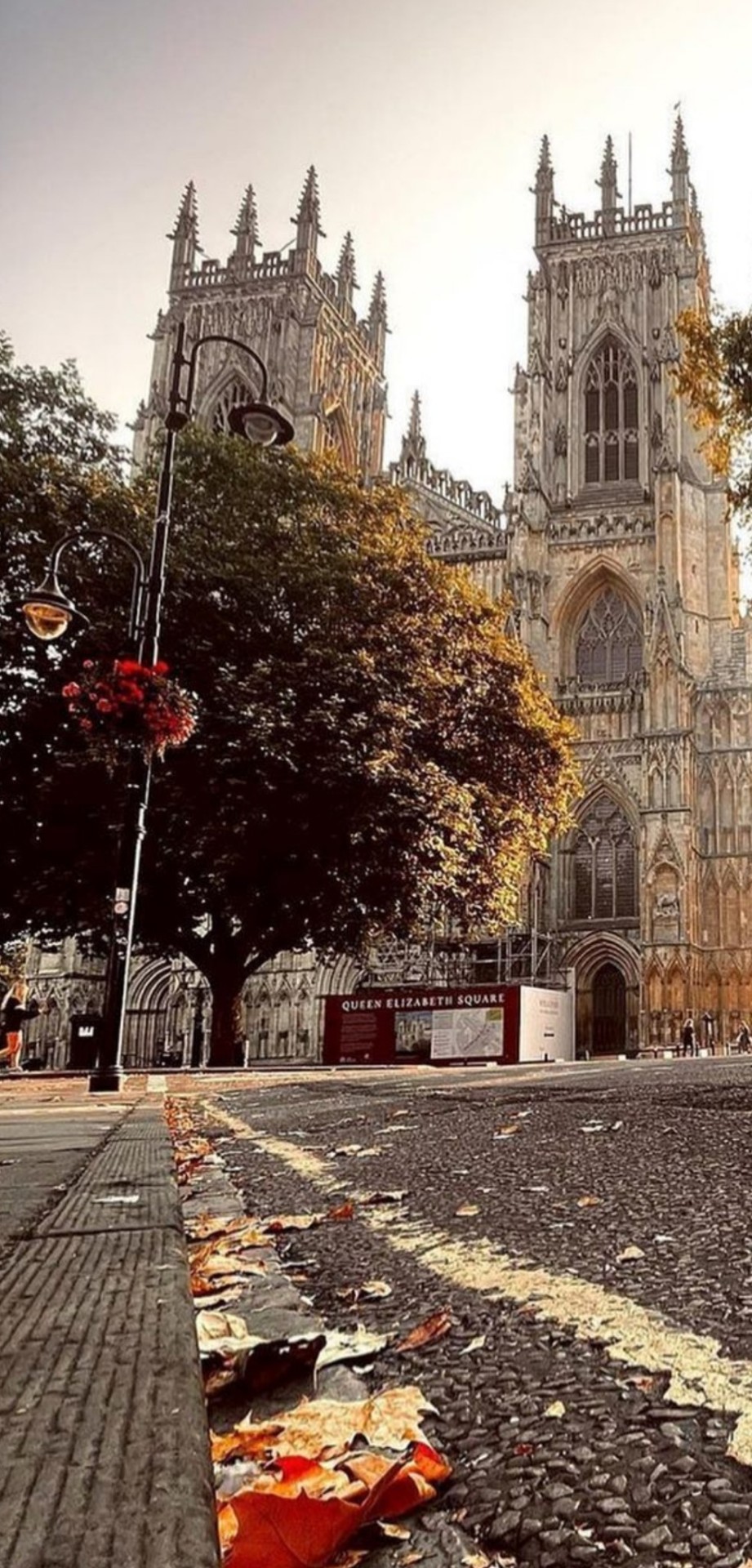
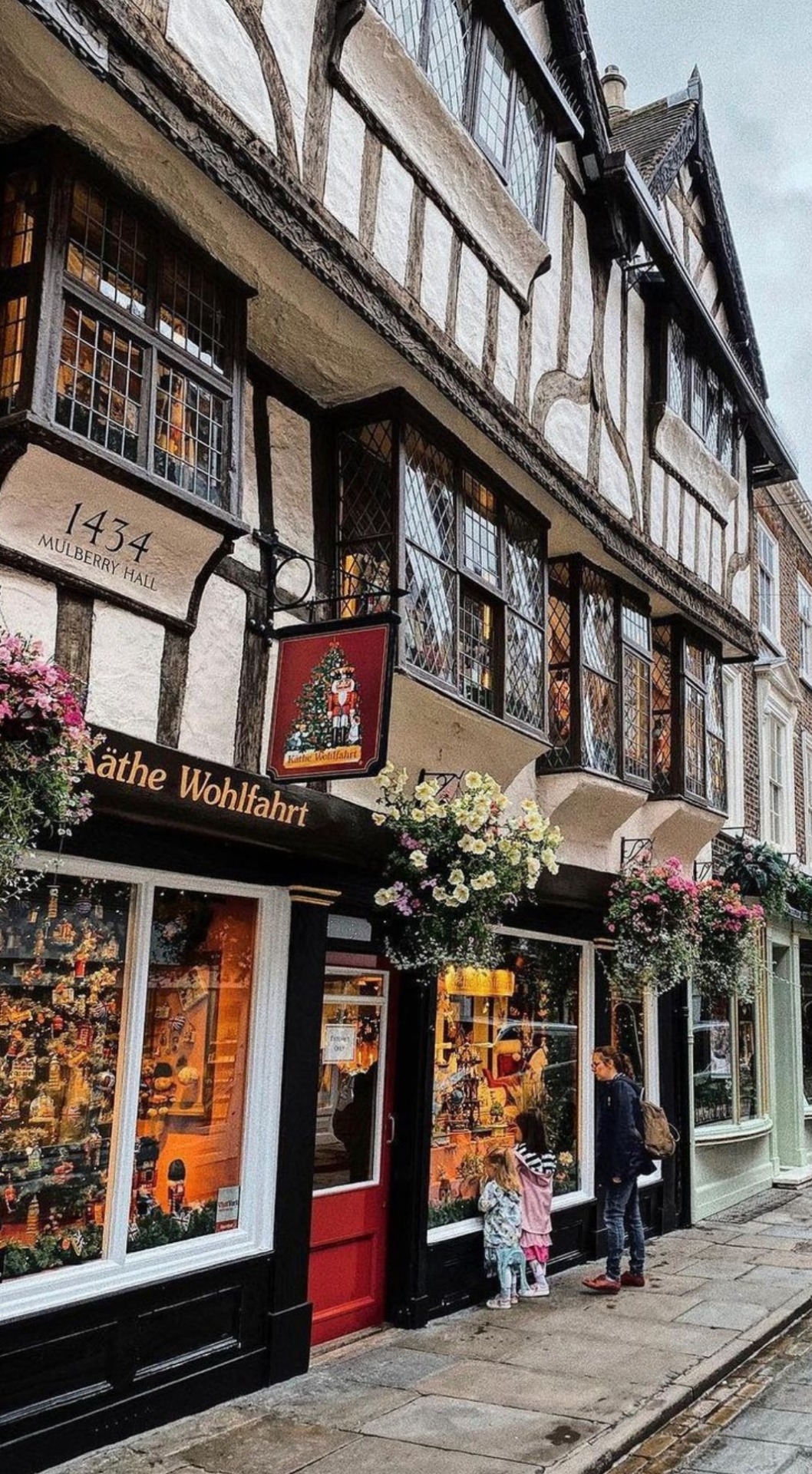

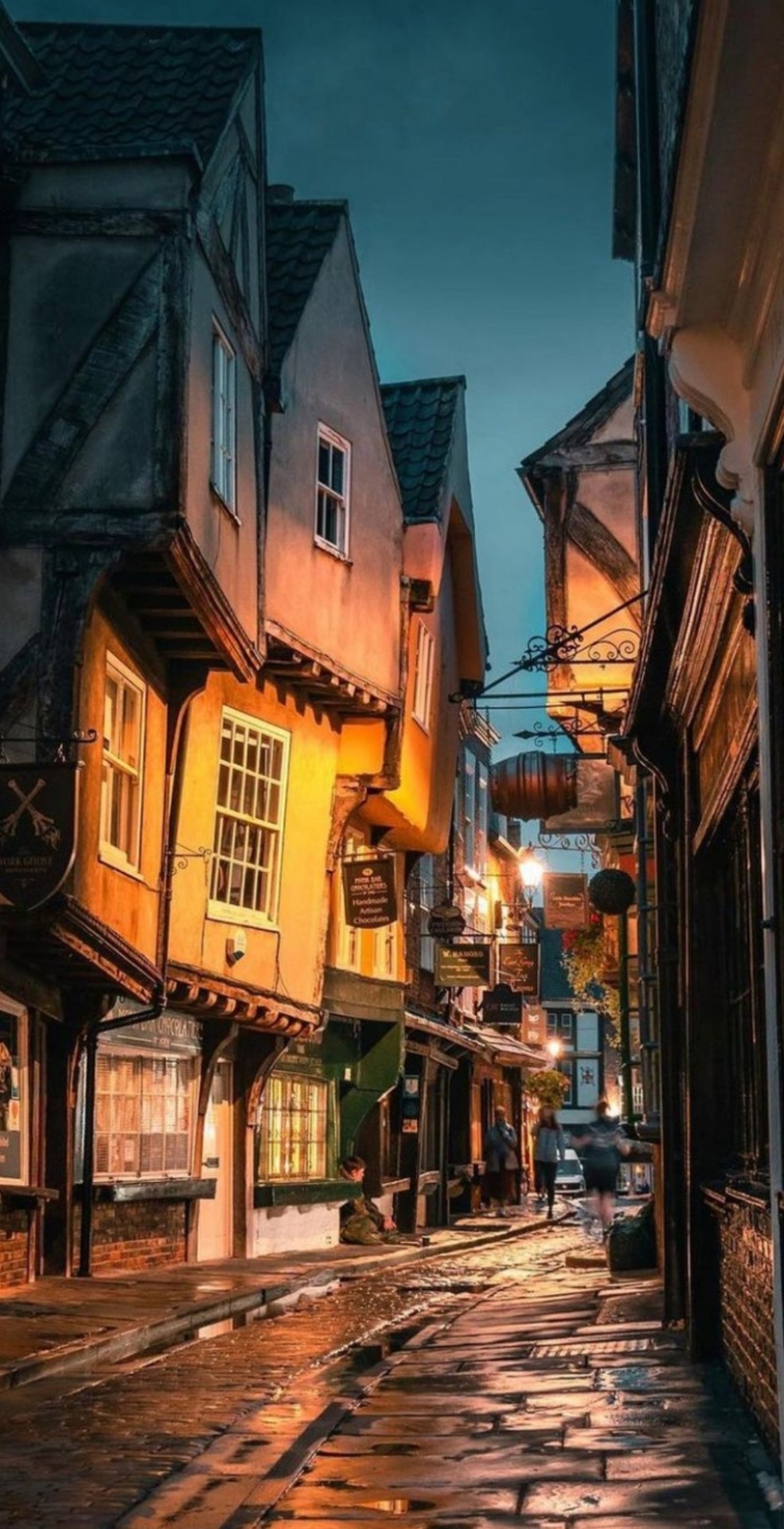
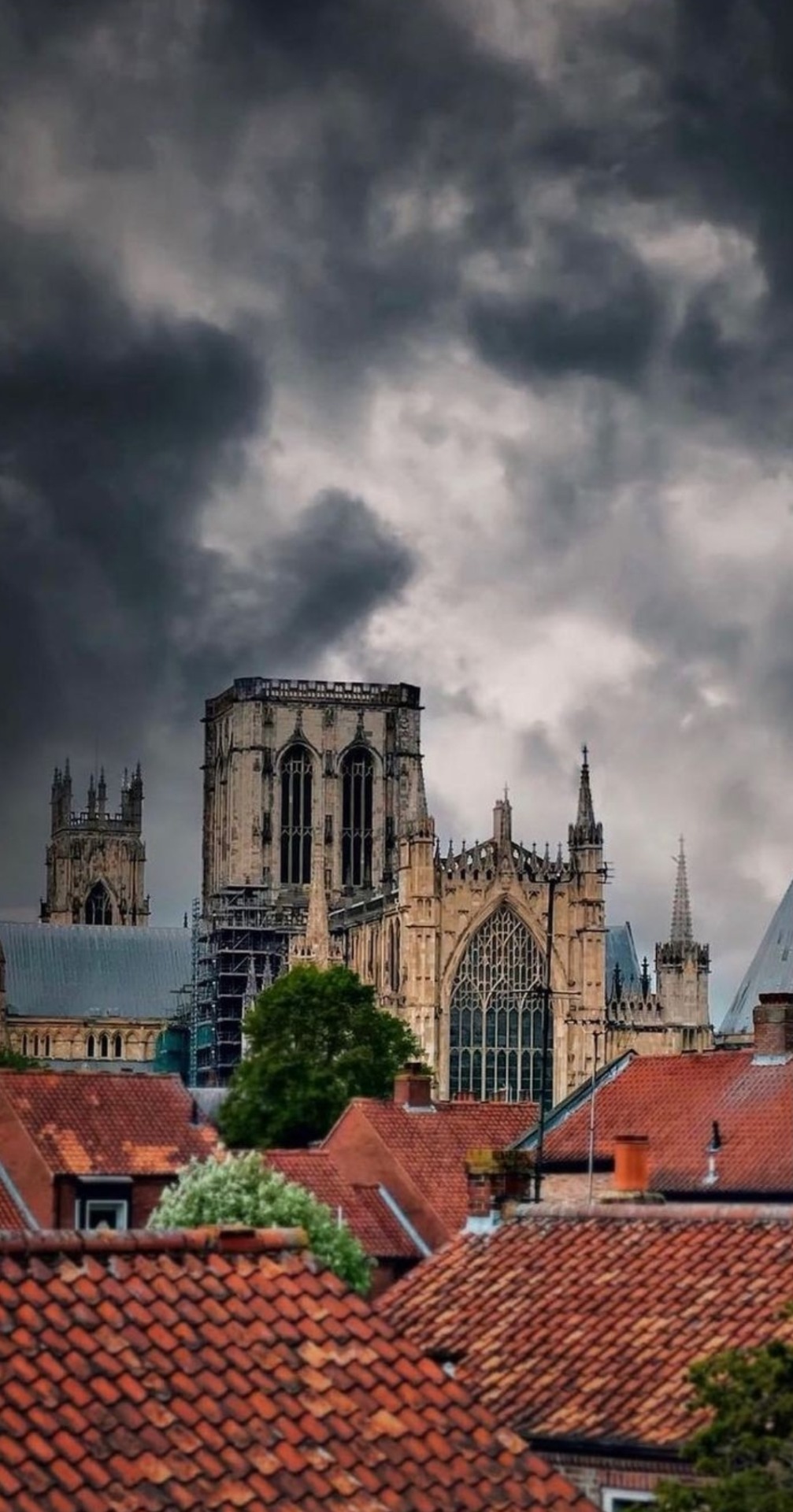
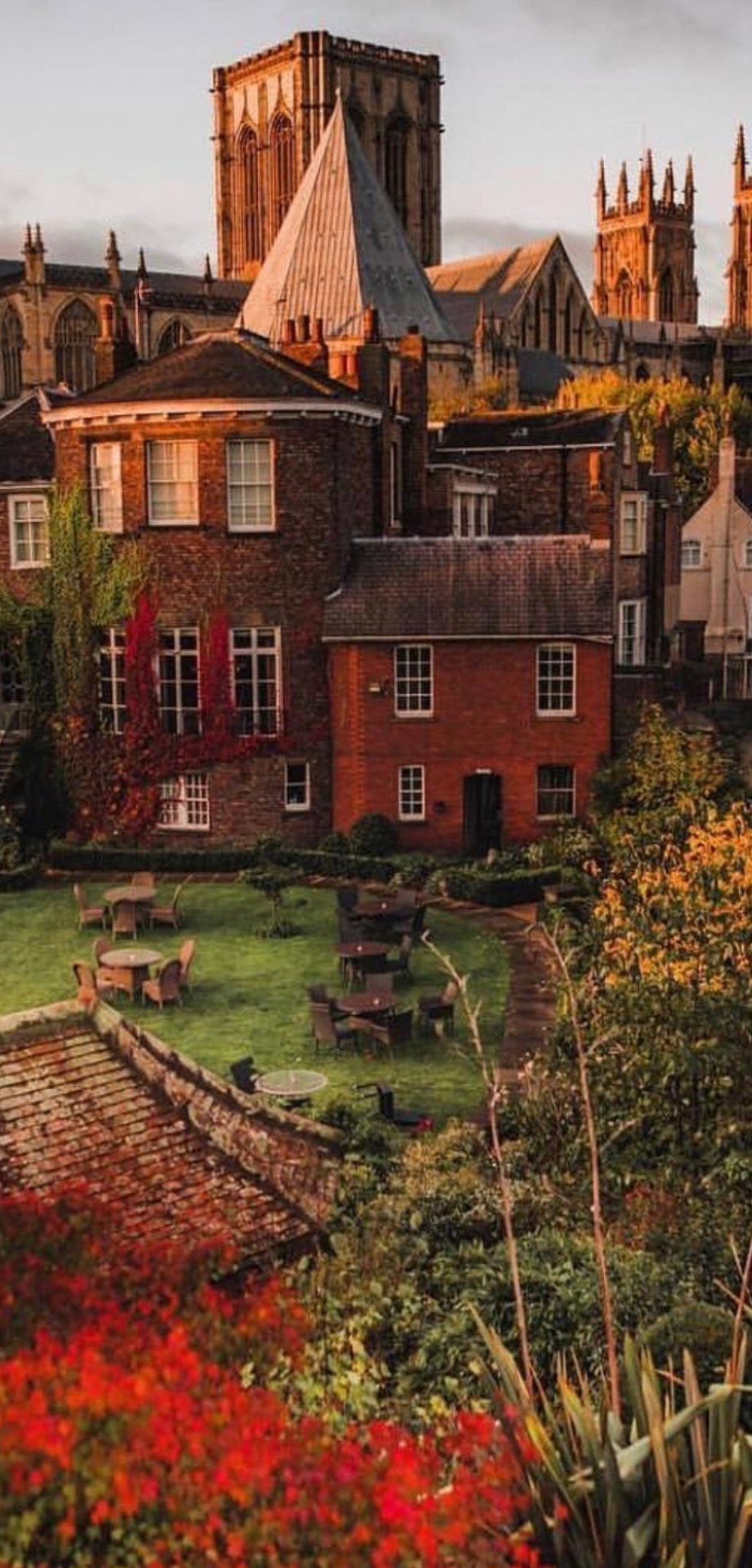
The walled city of York, North Yorkshire, always medieval, moody, and magical. (@york.uk IG)
6K notes
·
View notes
Photo
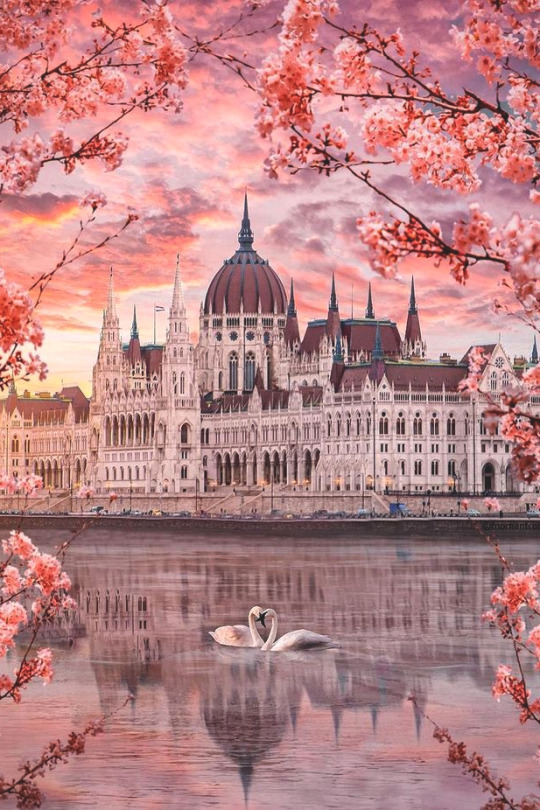
Budapest, Hungary | momentsofgregory
4K notes
·
View notes
Photo









Cabañas Maralto • Navidad, Chile
© Estudio Palma
4K notes
·
View notes
Text

Bowl with fish, Iran, Kashan region, late 13th - 14th century
Kashan is famous for producing these kinds of bowls. A great number of blue and black painted bowls employing radiating panels filled with willow tendril designs like this one have been archaeologically dated to between 1204 and 1215.
This type of ware has been shown to originate from Kashan, an important ceramic center in western Iran that, between 1175 and 1225, produced a remarkable variety of luster, underglaze, and overglaze painted wares.
Similar Kashan bowls occasionally show inscriptions drawn from Persian literature in the bands radiating from the center like the black and white example shown to the left.
Kept now at the Hossein Afshar Collection
8K notes
·
View notes
